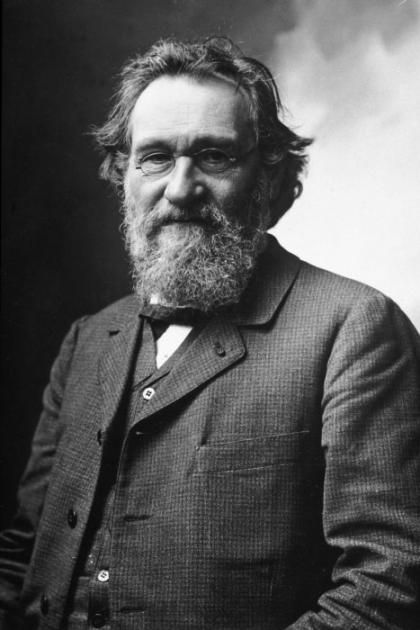 "For his work on immunity."
"For his work on immunity."

After discovering phagocytes and phagocytosis in 1883, Ilya Mechnikov fought long and hard to win acceptance for his theory. Following experiments and demonstrations the scientist’s discoveries were finally recognized by his peers and his determination saw him awarded the Nobel Prize in Physiology or Medicine in 1908.
There were many opponents to Mechnikov’s theory of phagocytosis, notably from the German school. At the Berlin Congress in 1890, he won support from the French and English, notably Joseph Lister, a pioneer of antiseptic surgery. Robert Koch, on the other hand, defended the bactericidal effects of serum and its frontline role in immunity (humoral theory).
At the London Congress in 1891, the arguments for and against the theory of phagocytosis hinged primarily on the reports of Dr Roux (phagocytic theory) and Buchner (humoral theory). The discovery of antitoxins by Behring lent substantial support to proponents of the humoral theory.
At the Budapest Congress in 1894, the debates resumed around Pfeiffer’s experiment proving the extracellular destruction of the cholera vibrio. Mechnikov responded with a series of new experiments. Dr Roux sent a letter to Louis Pasteur: "I wrote this message immediately after leaving the congress. Mechnikov in a reply full of passion and focus on truth has allowed the theory of phagocytes to triumph. I think he has put the belief in many minds."
We now know that the two theories are linked. And humoral immunity also begins with cells. It is also to Mechnikov that we owe the distinction between macrophages and microphages.
In recognition of his pioneering work on immunity Mechnikov was awarded the Nobel Prize in Physiology or Medicine in 1908. Widely considered as the father of cell-mediated immunity, he was awarded the prize jointly with Paul Ehrlich. Both men are considered the founders of immunology.


